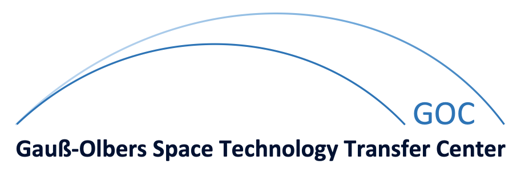Sparse Multi-User Detection for CDMA Transmission using Greedy Algorithms
| Authors: | H. Schepker, A. Dekorsy | ||||
| Abstract: | A possible future application in communications is the uplink transmission with Code Division Multiple Access (CDMA) in wireless sensor networks. Assuming that each sensor has a low activity factor, than the transmitted multi-user signal is sparse. Known detectors for Multi-User Detection (MUD) are not well suited to detect sparse signals. However, Compressive Sensing (CS) theory introduces detectors that are able to recover sparse signals reliably. These detectors are even able to detect sparse signals in under-determined systems. Thereby allowing the CDMA system to be overloaded, which increases the symbol-rate for a given bandwidth. This paper will explain how greedy CS algorithms can be used for sparse MUD and analyze their error- rate performance in the case of an overloaded CDMA system. Here we will focus on greedy algorithms as they are more efficient than other sparsity exploiting algorithms of CS. |
||||
| Document type: | Conference Paper | ||||
| Publication: | Aachen, Germany, 6. - 9. November 2011 | ||||
| Conference: | 8th International Symposium on Wireless Communication Systems (ISWCS 11) | ||||
| Files: |
|
Last change on
27.02.2012
by
H. Schepker
© Department of Communications Engineering - University of BremenImprint / Contact







